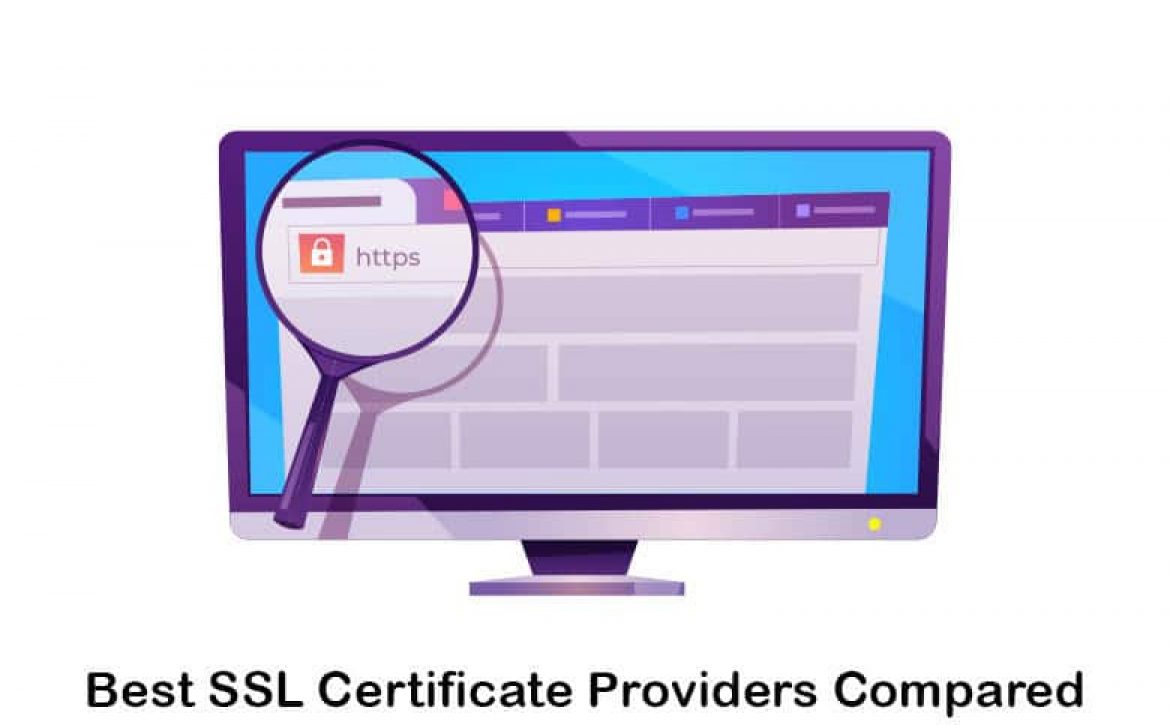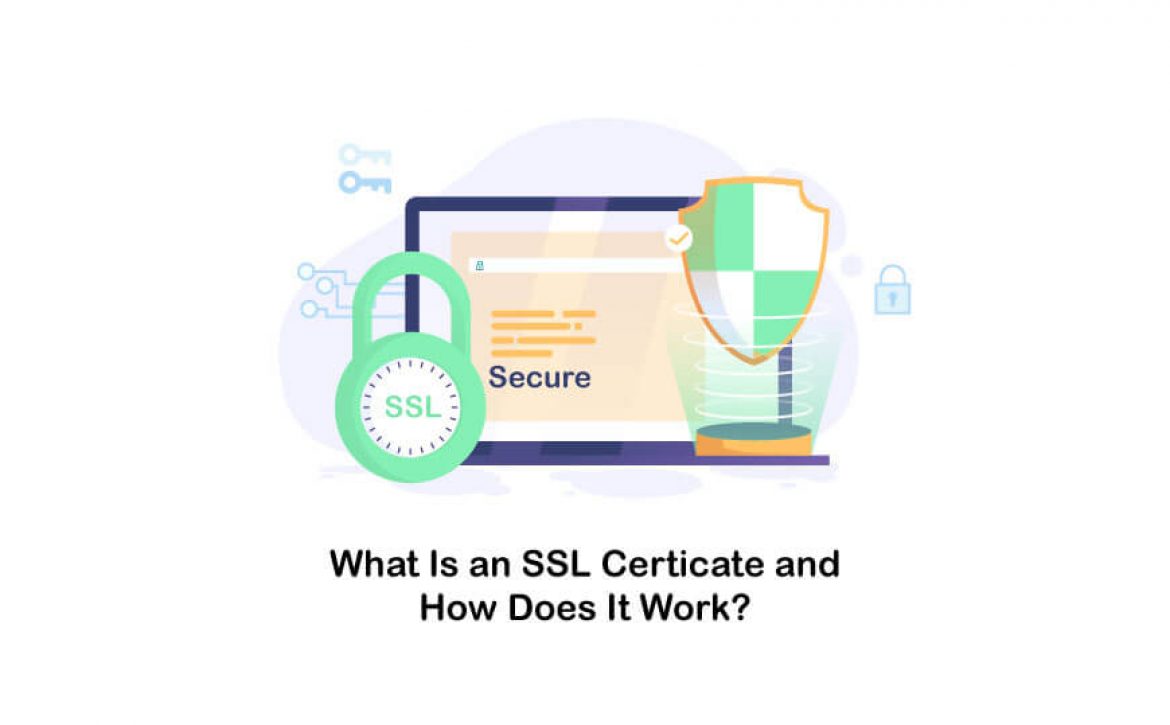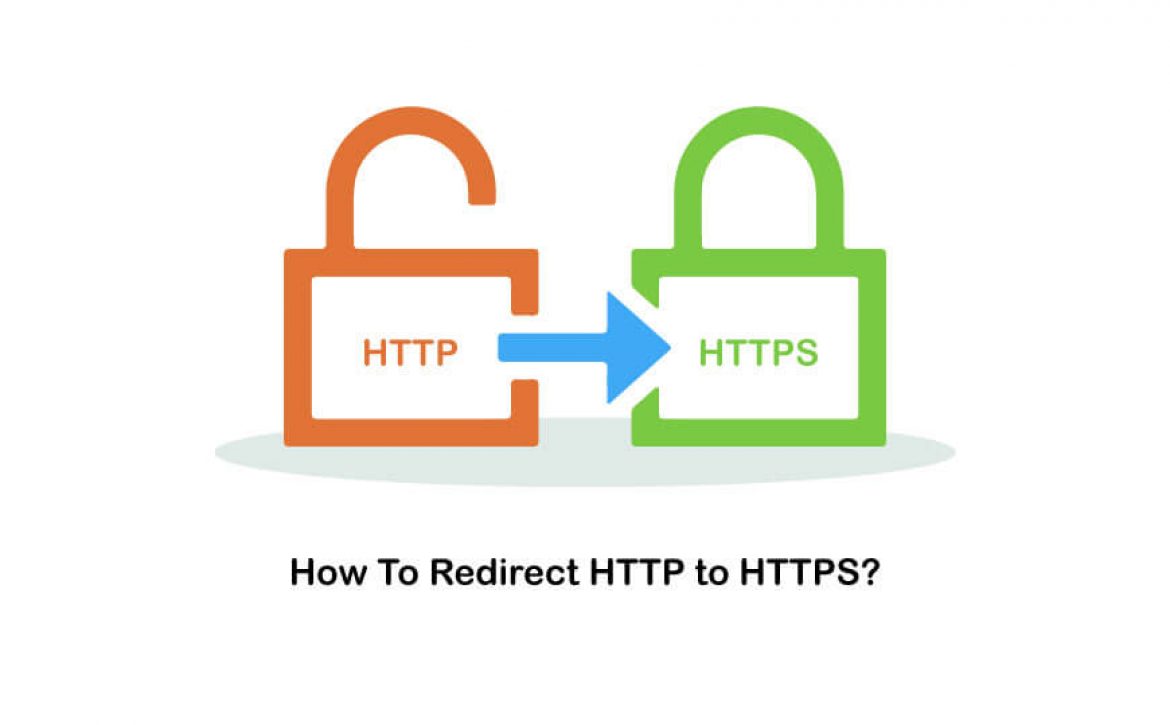Category: SSL
SSL stands for Secure Socket Layer and is used as a technology to secure communications between users and their responsive servers on the internet. With the presence of technology in the daily lives of people and having most things taken care of online and through the web, there is a concern that users’ information will be stolen by hackers. Therefore, maintaining the confidentiality of information is very important for any person who has any data exchange on the Internet. On the other hand, one of the most important components of an online business is creating a reliable environment for users; a platform in which the users do not have to worry about entering their personal and confidential information such as credit card password, contact information, email, etc. and are able to trust it.
When shopping online and entering confidential information and credit card password, website security, and no threat of theft will definitely be important for any user. As a result, online business owners need to be aware of this and create a secure communication space between users and a responsive server through an SSL certificate, with the goal of increasing their sales in addition to website traffic. As mentioned earlier, an SSL Certificate can help ease the minds of the users. Ensuring the confidentiality of information by encrypting important data during user-server communication will be possible by activating SSL on the website. By providing an SSL certificate for the website, the number of visits can be increased, and as a result, this will significantly result in finalizing users’ purchases and turn most of the potential customers into actual ones. Prior to activating SSL for a website, the URL address is displayed in the address bar along with HTTP, and this indicates an insecure or so-called ‘Plain Text’ connection between the user and the server. After installing the SSL certificate on the website, in addition to seeing the lock next to the site address, it is loaded in the browser with HTTPS; this is a strong reason for issuing the certificate and the secure connection of the browser with the responsive server. SSL certificates provide a foundation for trust in internet communications by establishing a secure connection. This trust produces positive results in e-commerce, the most important of which are:
- Increase site traffic statistics by creating peace of mind and assurance for users
- Increase online sales and the rate at which the users convert to potential customers
- Improve the site’s Alexa rank
- Introduce the name of the organization in specific types of OV and EV
There are different types of SSL certificates that, in addition to enhancing the connection between users and the server, will have other benefits for websites. In some types of SSL certificates, you can also introduce the brand and company or organization. DV SSL (Domain Validation): As its name implies, this certificate is used to validate domains. It is issued very quickly and it is enough for the domain owner to confirm the ownership of the domain through methods determined by the issuing company. OV SSL (Organization Validation): This type of SSL Certificate, in addition to validating the domain and displaying the site with HTTP, displays the name of the owner of the domain company in the specifications of the certificate. Therefore, its issuance is possible only for reputable registered companies. EV Validation, (Extended Validation): This certificate also has OV SSL features, and in addition to the domain name address in the browser, the registered name of the owner of the SSL owner is shown as a green bar, and it is therefore known as the Green URL Certificate. Wildcard SSL: This type of certificate is suitable for websites that have a subdomain and in addition to securing their domain, they will also need to secure the connection of the subdomains to the server. In this regard, the Wildcard certificates can be used to establish such a secure connection.



